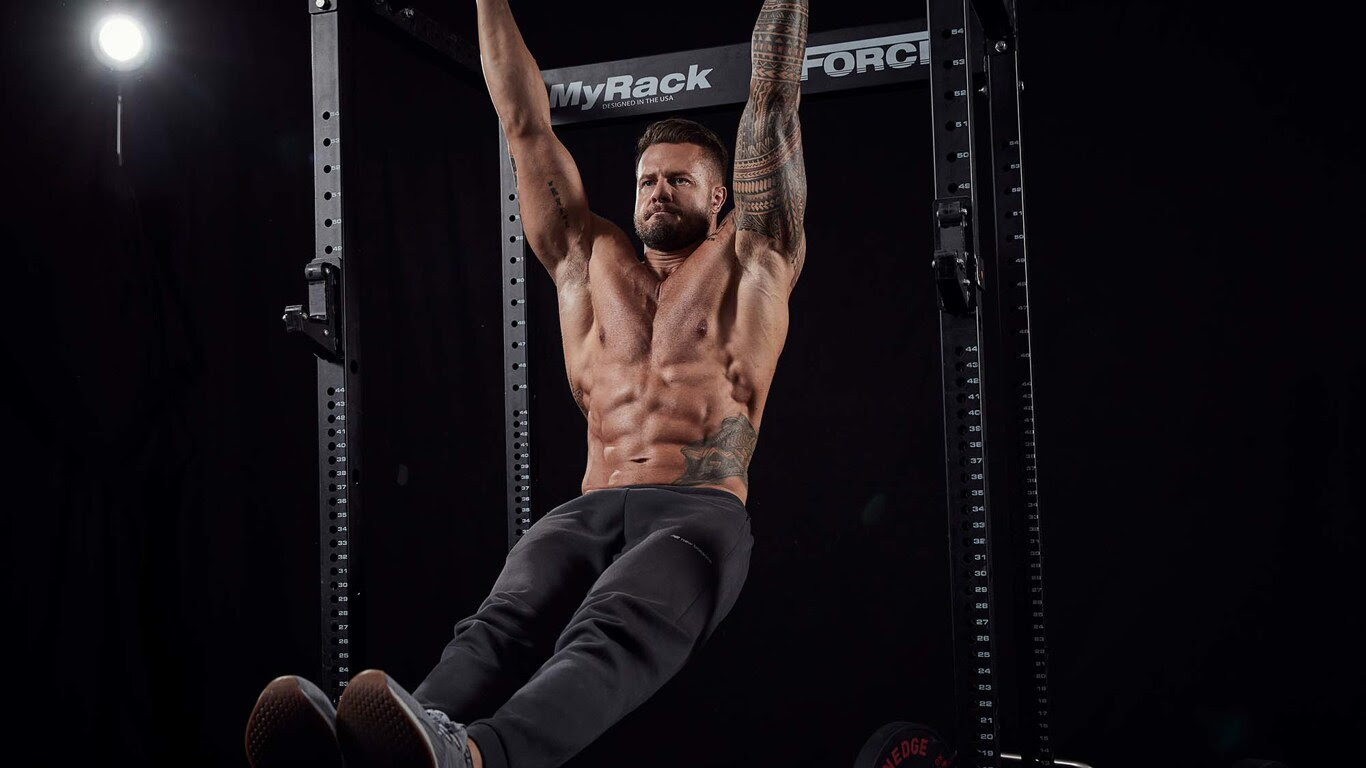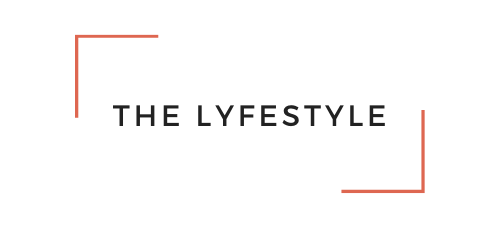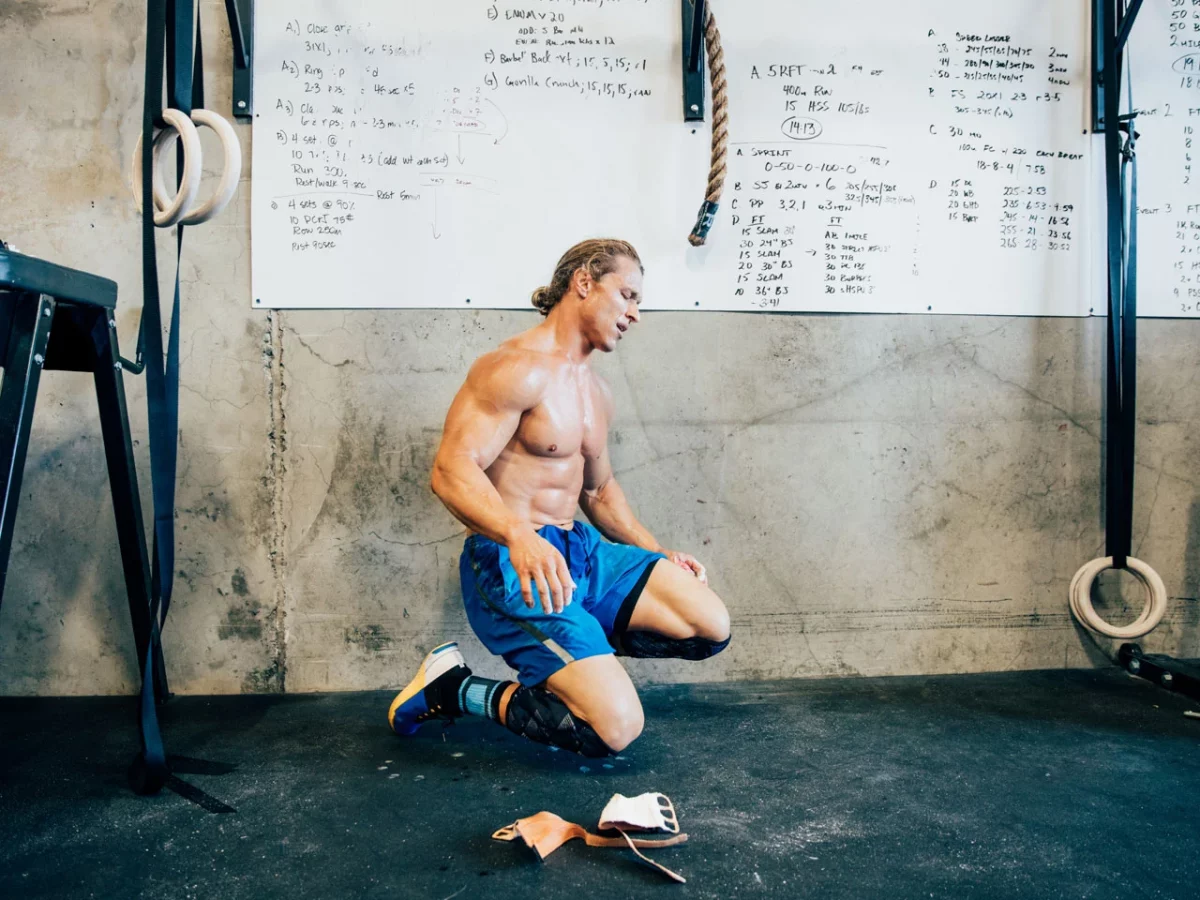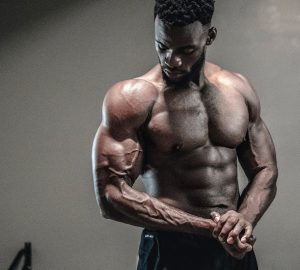We’re just going to rip the band-aid off now: you CAN’T spot-reduce fat. No matter what you Google, how many crunches you do, or what piece of equipment you buy, you can’t zoom in on one area of your body for targeted fat reduction. This is why you’ll never see us telling you a workout will “reduce belly fat” or deliver “smaller thighs”. It’s just not how fat loss works. But that doesn’t mean you can’t get results – including in your targeted area.
Why can’t you spot reduce fat?
The experts agree that spot reduction is impossible. In order to burn fat, your body must break it down and send it off into your bloodstream to be used as energy. No matter what exercise you’re doing, whether you’re working your upper body, lower body or core, the fat you’re burning can come from anywhere in the body.
Exactly where you lose fat first depends on factors including your age, sex and body type. For instance, women are more likely to store fat on their posterior, while men in general store it around their abdominal region. In two people of the same sex, with similar weight and height, hormones and genetics may dictate that one holds weight in their arms and midsection, while the other stores it in their thighs and butt.
But one rule is true for all of us. If shifting weight is your goal, you need to burn more calories than you consume – and the balance between these numbers comes down to diet and exercise.
4 ways to achieve your fat-loss goals
You can’t choose where you’re going to lose fat, but that doesn’t mean you have to give up on your body goals!
1. Don’t neglect your target area
While you can’t pick which part of your body is going to drop fat first, developing muscle in that area will make it firmer. So if you have a specific body goal, such as a more toned midsection or ‘less wobbly’ arms, make sure you hit those places during training.
2. Prioritize strength training
To shift fat, certain types of exercise appear to be more helpful than others.
One of the most effective tools when it comes to burning fat is strength training. Research has shown that strength training improves the body’s ability to clear fatonce it enters the bloodstream, and to reduce weight-related risks including diabetes, heart disease and obesity.
A recent study even discovered that after strength training, your muscles send material back to the cells that store fat, kickstarting the fat-burning process. Basically, strength training shrinks fat by prompting your muscles to signal fat cells that it’s time to break down.

The more muscle you have, the more fat you burn, even when you’re not working out. While you may not be able to go straight to “burn belly fat”, you can achieve your ultimate goal by working for all-over fat loss and lean muscle definition.
3. Dial in on your diet
As we pointed out earlier, diet is a crucial part of the equation – with fat loss hinging on that balance of calories in and calories out.
The quickest way to achieve your fat loss goals is to eat at a calorie deficit. You should keep protein intake high to ensure you’re primarily losing fat, not muscle.
The more muscle you have, the more fat you burn. So by eating at a ‘maintenance’ level (matching your calorie intake with how much you expend), keeping your protein intake high and focusing on strength training, you can work toward a recomposition of your body to hold more muscle and less fat over time.
4. Stay consistent
Fat loss takes patience and consistency. If you struggle to work out regularly, a specialized program can help by giving you a focus and a finish line.









